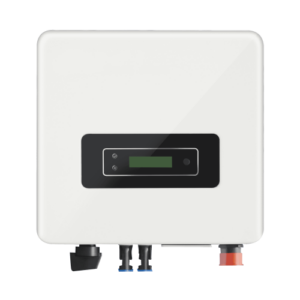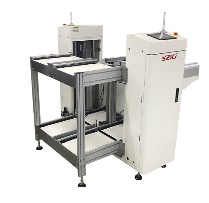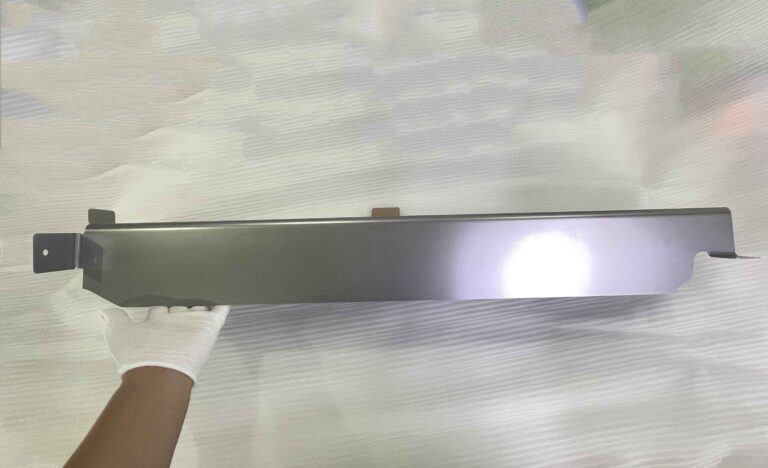Reliable Single Phase Inverters for Efficient Power Conversion
Home » Reliable Single Phase Inverters for Efficient Power Conversion
RECENT POSTS
Share:
- November 28, 2024
Table of Contents
Single phase inverters are integral to modern energy systems, offering efficient power conversion for a variety of applications. These devices are commonly used in residential and small-scale commercial settings due to their simplicity, reliability, and energy efficiency. By understanding their key features, applications, and benefits, users can select the ideal inverter for their needs.
Key Features of Single Phase Inverters
One of the standout features of single phase inverters is their simplicity. Designed to handle moderate power loads, they are ideal for powering household appliances, small offices, and similar environments. Their ability to convert direct current (DC) into alternating current (AC) ensures that connected devices function seamlessly.
Single phase inverters are also known for their reliability. Their straightforward design reduces the risk of component failure, leading to consistent performance. Many models incorporate protection mechanisms such as over-voltage and short-circuit safeguards, enhancing their durability and safety.
Another advantage is their compact size and lightweight structure. These features simplify installation and make them a practical choice for applications with limited space.

Applications of Single Phase Inverters
Single phase inverters are remarkably versatile, finding applications in various settings and industries. In residential scenarios, they are often employed as a backup power source. During power outages, these inverters ensure that critical appliances, such as refrigerators, lighting, and communication devices, continue to operate. For homeowners with solar panel systems, single phase inverters are indispensable in converting solar energy into AC power suitable for household use.
In the commercial sector, small businesses rely on single phase inverters to maintain operational continuity. Devices such as point-of-sale systems, computers, and essential machinery remain functional even during disruptions, minimizing downtime and productivity loss.
Beyond residential and commercial use, these inverters also support portable and off-grid setups. Recreational vehicles (RVs), boats, and remote cabins benefit greatly from the compact and reliable power provided by single phase inverters. They are particularly valuable in locations where access to conventional electricity is limited, allowing users to power essential devices seamlessly.
Moreover, single phase inverters are integral to renewable energy systems. In solar and wind energy installations, they ensure that the DC electricity generated by these systems is efficiently converted to AC for grid compatibility or direct use. Their efficiency and reliability make them a cornerstone of sustainable energy solutions.
By catering to such a wide range of applications, single phase inverters demonstrate their importance in both everyday life and specialized environments, proving to be a valuable asset for users seeking reliable power conversion solutions.
Energy Efficiency and Long-Term Savings
Energy efficiency is a defining characteristic of single phase inverters. By optimizing the power conversion process, these devices minimize energy loss, reducing overall electricity consumption. Some models feature advanced technologies like maximum power point tracking (MPPT), which enhances their efficiency in solar systems.
Moreover, the cost savings extend beyond energy efficiency. Their compact design reduces installation costs, while their durability and minimal maintenance requirements lower long-term operational expenses. This makes single phase inverters an economical choice for homeowners and small businesses.
Choosing the Right Single Phase Inverter
Selecting the right single phase inverter involves several considerations. These include the inverter’s capacity, efficiency rating, and compatibility with existing electrical systems. Proper sizing is crucial to avoid overloading the inverter or underutilizing its capabilities. Additionally, users should look for certifications and compliance with safety standards to ensure reliable performance.
Conclusion
Single phase inverters are essential devices for efficient and reliable power conversion. Their simplicity, energy efficiency, and broad range of applications make them a popular choice in residential, commercial, and renewable energy systems. By investing in a high-quality single phase inverter, users can enjoy uninterrupted power, lower energy costs, and a more sustainable energy setup.
0


